Online webinar on “Capacity Building for Sustainable Cultural Heritage Management”
On 14th and 15th June 2022, the Institute for Tourism Development Research participated in an online two-session webinar on “Capacity Building for Sustainable Cultural Heritage Management” organized by Macao Institute for Tourism Studies. The webinar was moderated by Dr. Ubaldino Couto and Dr. Henrique Ngan with the participation of three speakers: Dr. Vicky Chen, Carla Figueiredo, and Dr. Sharif Shams Imon. Through this webinar, the participants are able to acquire basic knowledge of how cultural heritage resources are managed, integrate the knowledge of sustainable heritage management in tourism planning and development decisions, and make informed decisions about the application of “Heritage Impact Assessment” (HIA) in development scenarios involving cultural heritage.
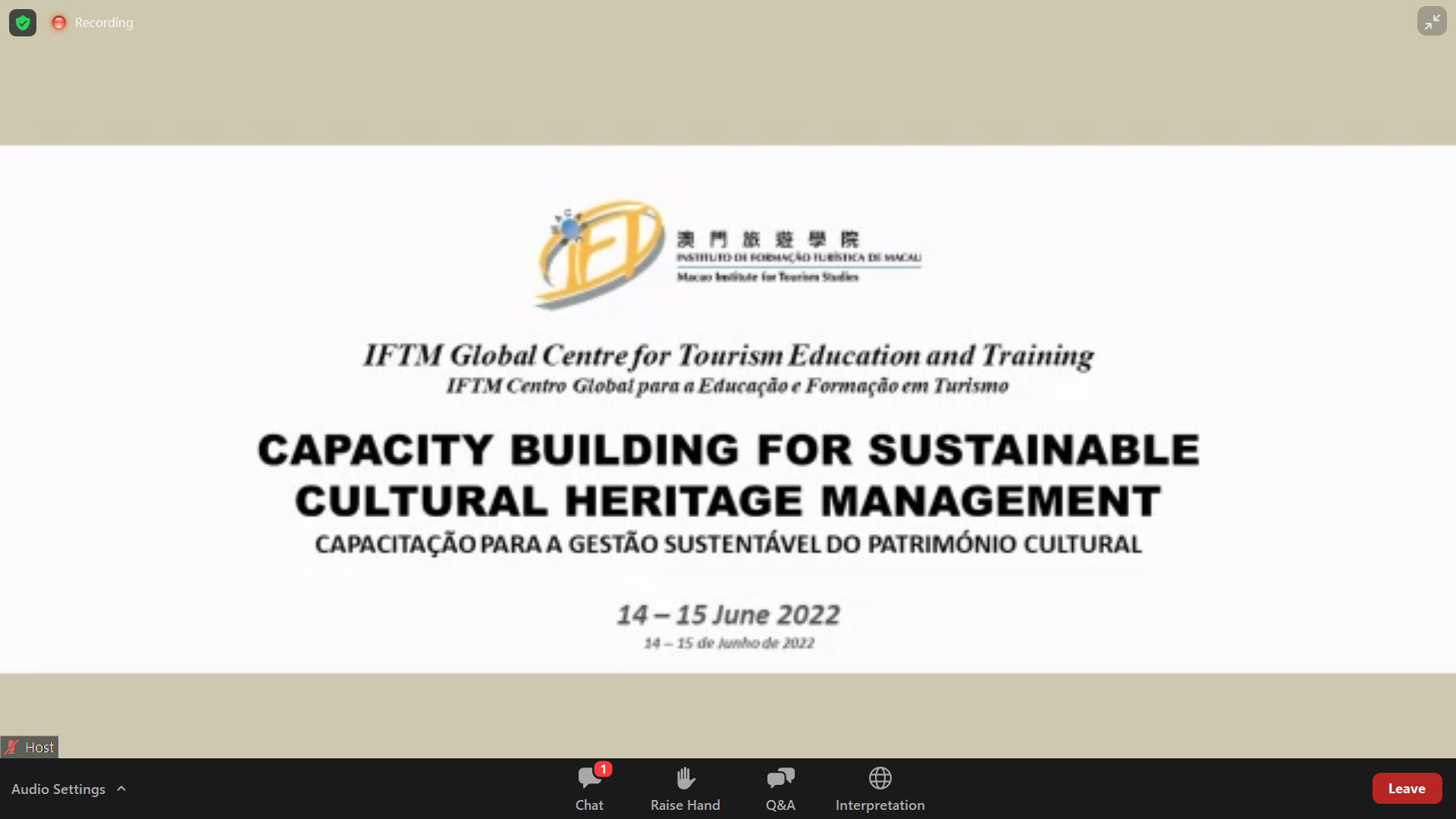
The first session covered the topic “Cultural Heritage Management”, in which Dr. Vicky Chen (Macao Institute for Tourism Studies) presented the definition and classification of heritage and cultural heritage as well as the relationships between heritage and tourism, elaborating why tourism professionals need to have an in-depth understanding of heritage. The speaker demonstrated that tourism and heritage can either be symbiotic, coexistent, or conflicting. Particularly, too much focus on preserving heritage by local authorities and community may undermine the economic potential of the heritages. Meanwhile, that stakeholders only concentrate on tourism development without considering heritage preservation will lead to the excessive commodification of the heritage sites, risks of permanent physical damage to the heritage structure, and losses of cultural values and authenticity.
Ms. Carla Figueiredo (Cultural Affairs Bureau, Macao SAR) carried on the session with the topic “Protection and Management of Heritage Tourism Resources”, exemplifying the Historic Centre of Macao. Being a former Portuguese colony, the Historic Centre of Macao’s urban squares, streetscapes, churches, temples, and theaters incorporate two distinct cultures: Chinese and Portuguese, and were inscribed on the World Heritage List in 2005. The protection of the Centre was fundamentally guaranteed by Law-Decrees directly relating to the management and preservation of each building and its respective urban setting. The local authority also focused on addressing the impacts of outside development such as the area surrounding Guia Hill, the protection of visual corridors, and the connection between the Lighthouse and the seascapes.
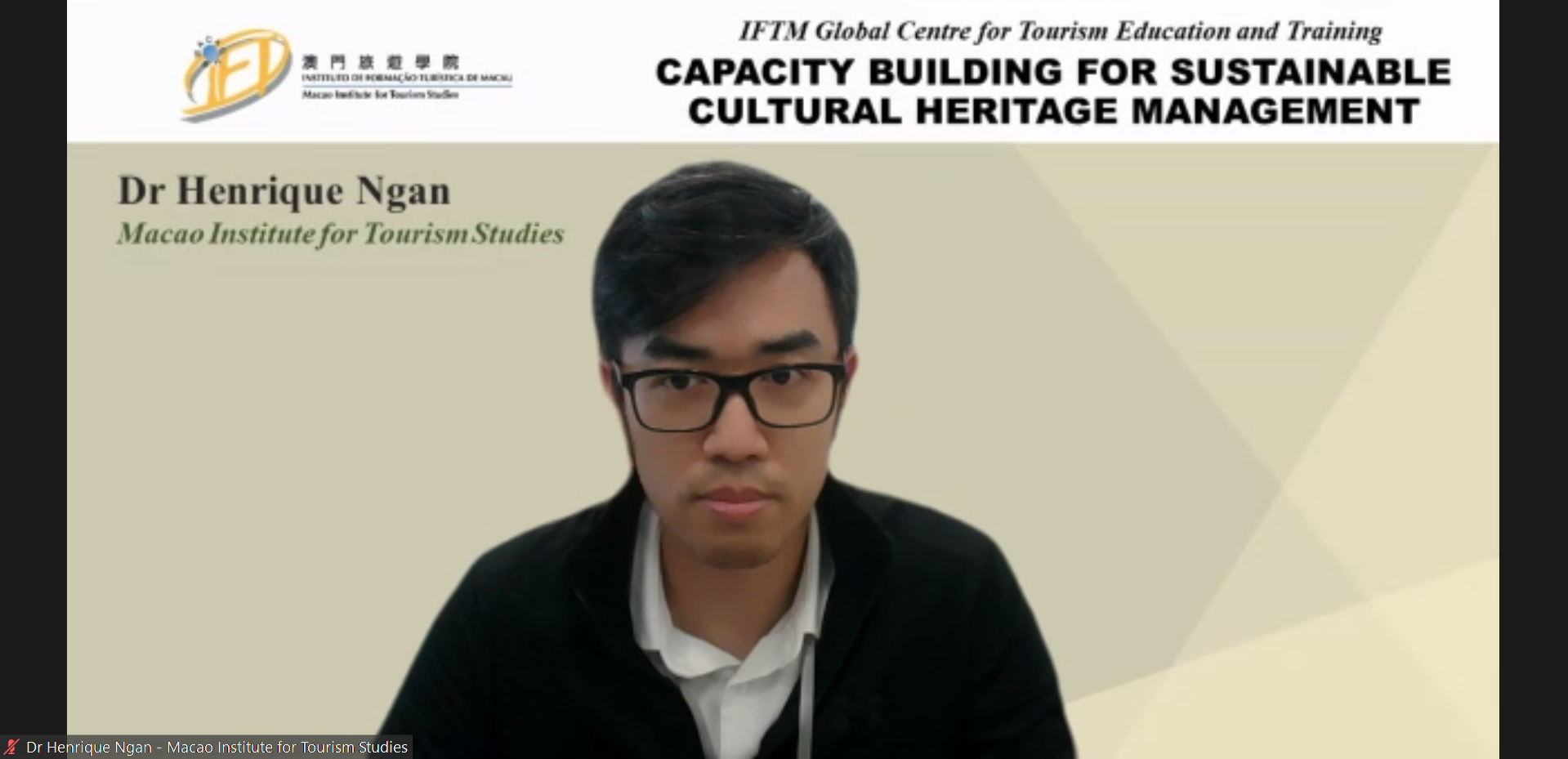
In the second session. Dr. Sharif Shams Imon (Macao Institute for Tourism Studies) presented the process of Heritage Impact Assessment (HIA). Specifically, heritage is likely to be affected by not only natural factors such as earthquakes, tsunamis, floods, and insects but also anthropogenic factors such as war, theft, public works, and infrastructure construction and development projects. Enhancing the heritage database, managing and balancing the development-preservation process, and raising public and professional awareness, the HIA process consists of 8 steps: (1) screening, (2) scoping, (3) baseline assessment, (4) proposed actions and alternatives, (5) impact identification and prediction, (6) impact evaluation, (7) impact mitigation and enhancement, and (8) reporting. The state party conducts the first two steps and the remainings are implemented by an HIA team. The HIA reports will then be submitted to the state party for reviewing, decision-making, and follow-up.
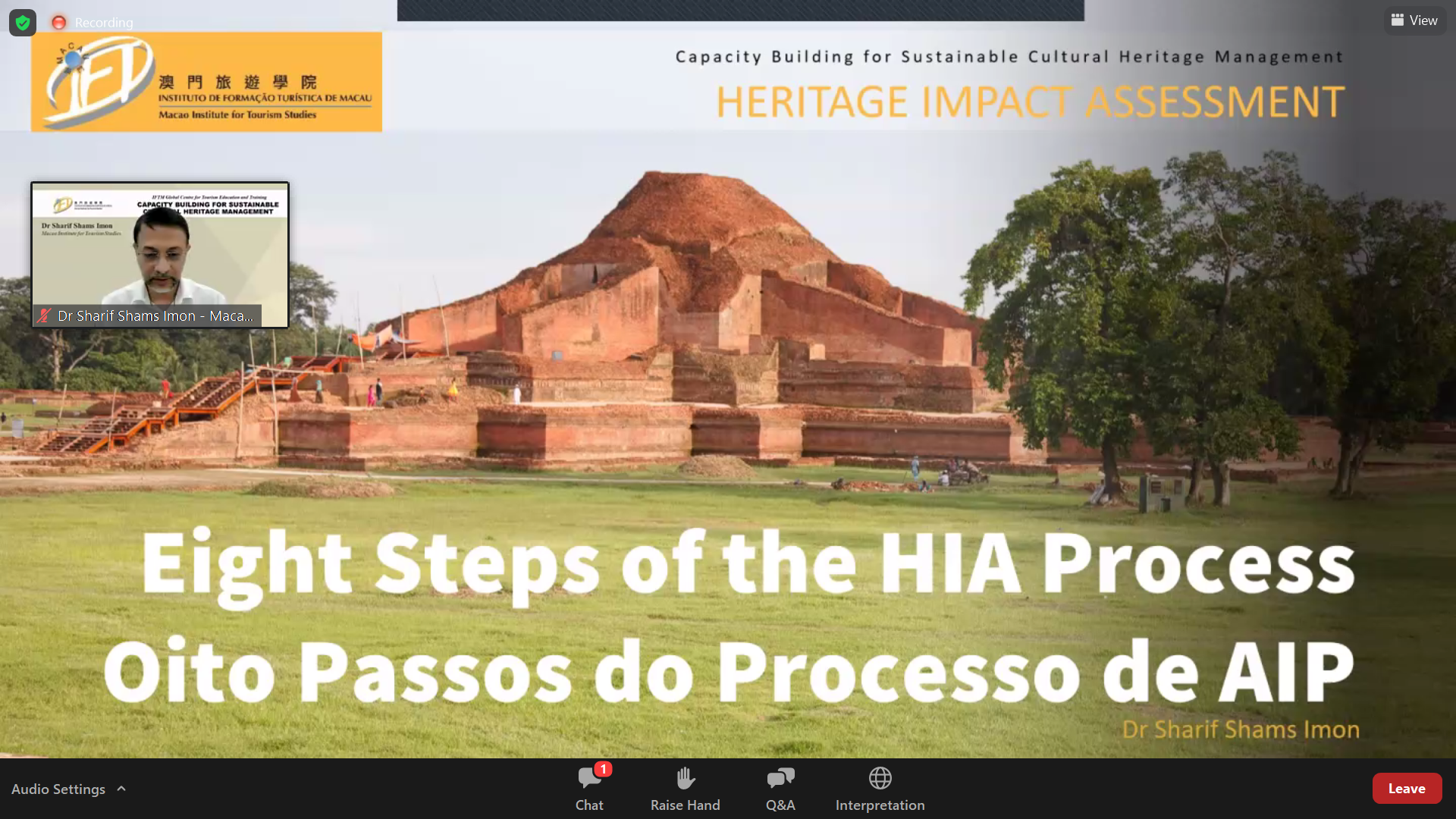
Closing the webinar, Prof. John Ap from the Macao Institute of Tourism Studies reaffirmed the importance of managing cultural heritage effectively through the HIA process.
News & Photos: Hong Anh

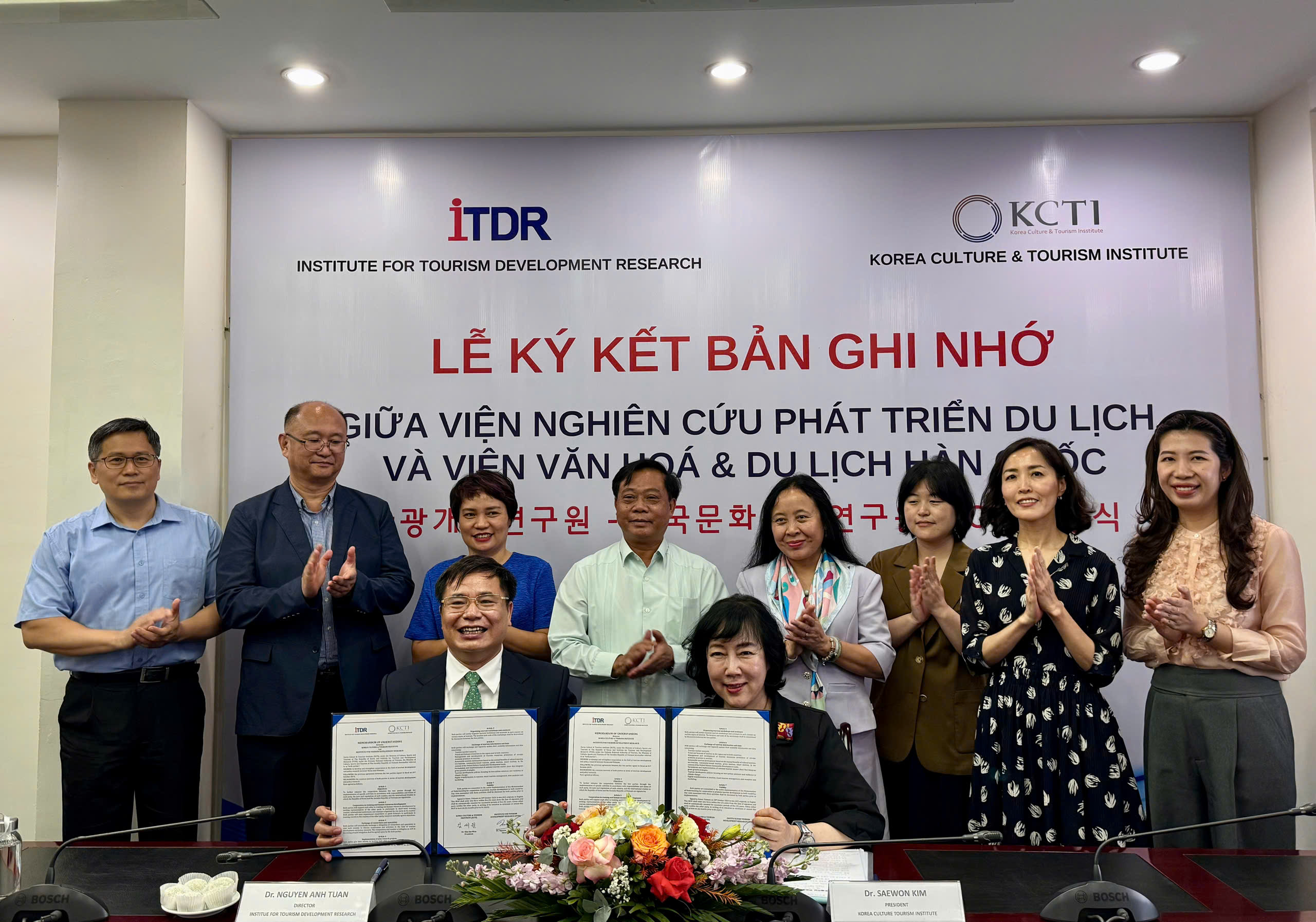
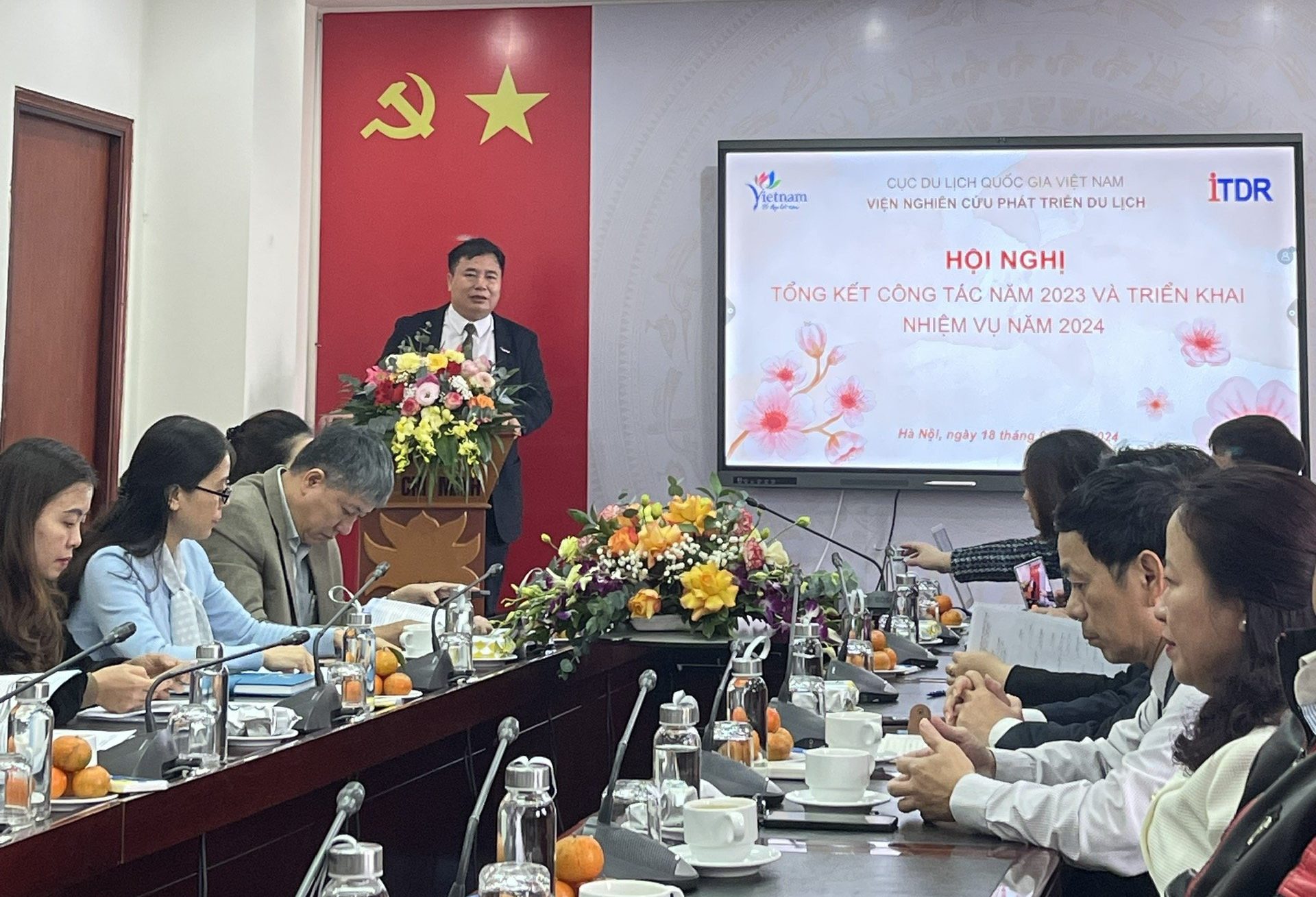
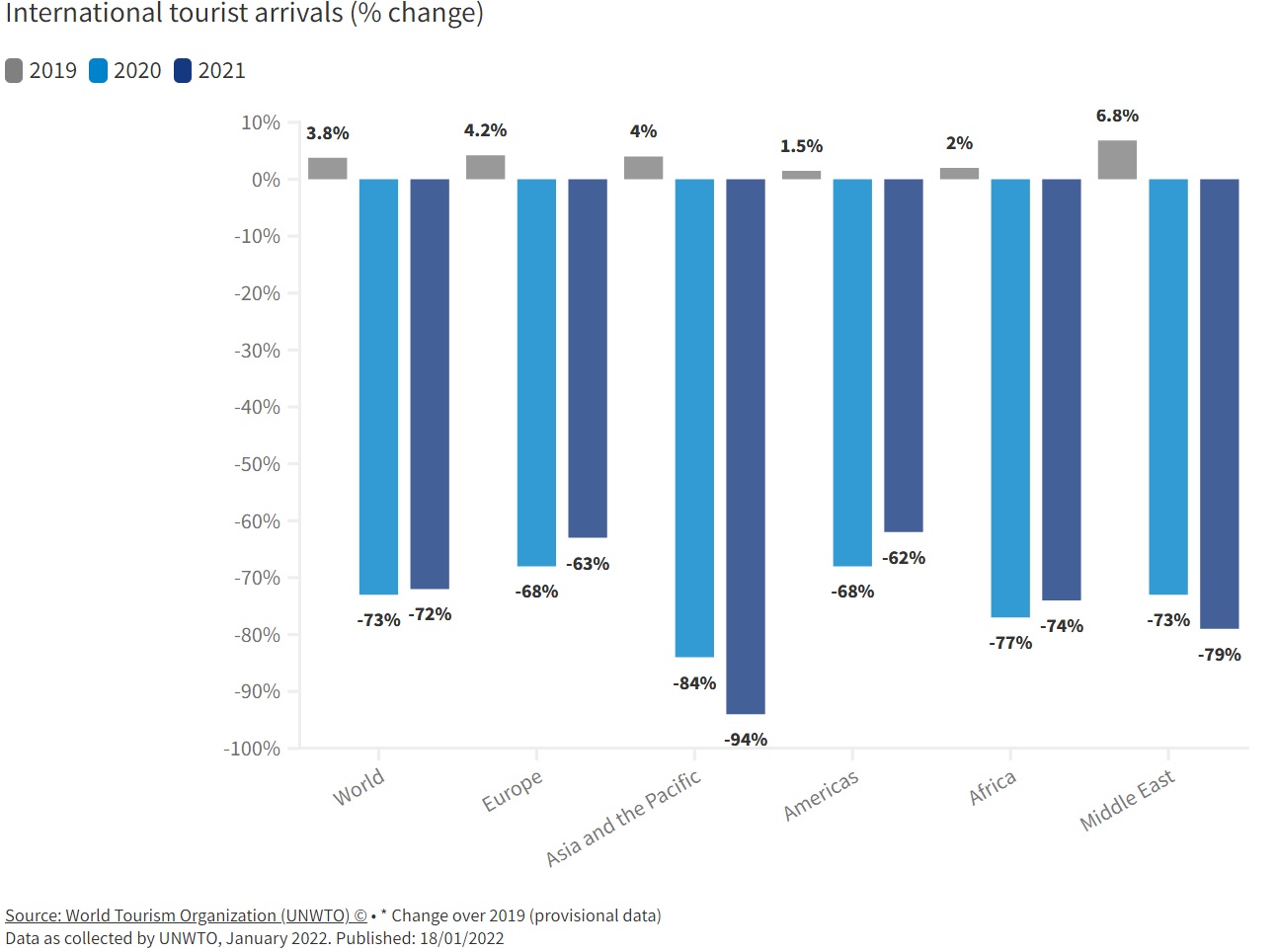

 Address: 58 Kim Mã, Ba Ðình, Hà Nội
Address: 58 Kim Mã, Ba Ðình, Hà Nội Phone: (84-24) 37 34 31 31
Phone: (84-24) 37 34 31 31 Fax: (84-24) 38 48 93 77
Fax: (84-24) 38 48 93 77 Email: info@itdr.org.vn
Email: info@itdr.org.vn Website: https://itdr.org.vn
Website: https://itdr.org.vn




